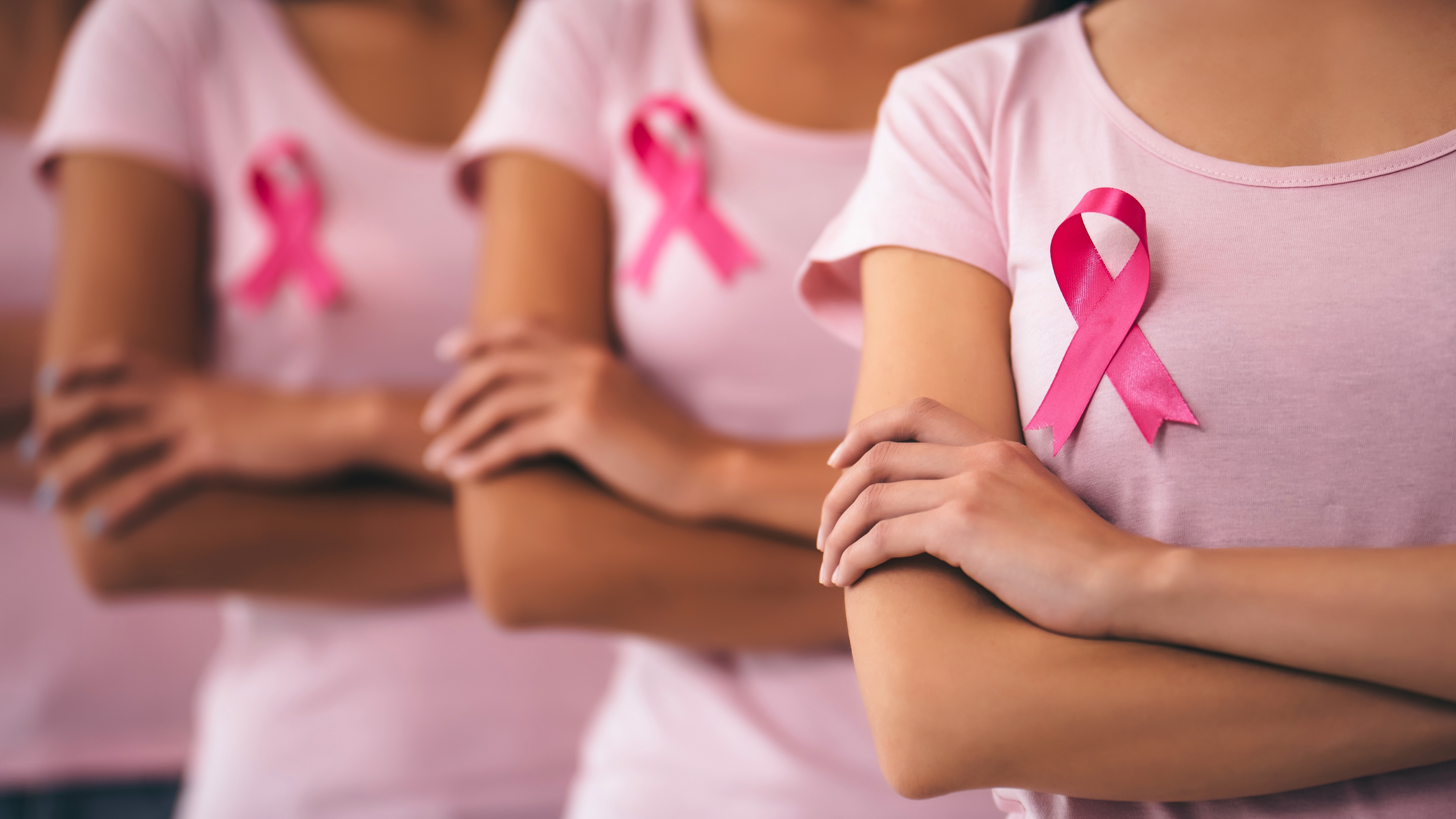Breast cancer is the second leading cause of cancer deaths in American women. Despite decades of research and public outreach efforts, there are still many misconceptions and urban myths about breast cancer.
Marking the end of Breast Cancer Awareness month in October, Dr. Joanne Mortimer of City of Hope hopes to debunk some of the common myths.
Myth: Breast cancer is only for women.
Get Southern California news, weather forecasts and entertainment stories to your inbox. Sign up for NBC LA newsletters.
Truth: 1 in 100 breast cancer cases in the U.S. is found in a man, according to the Centers for Disease Control and Prevention. Men can develop similar symptoms, such as a lump or flaky skin in the breast. Men who experience nipple discharge should also seek medical advice. The risk of breast cancer in men also increases with age and obesity.
Myth: Breast Cancer is hereditary.
Truth: Only 5 to 10% of cancer cases have genetic dispositions, according to Dr. Mortimer. While hereditary components can increase a person’s chances of developing breast cancer, other factors like age and lack of exercise can be the causes.
Myth: Using antiperspirants or deodorants causes cancer.
Truth: "There’s absolutely no evidence that antiperspirants are associated with an increased risk of breast cancer,” Dr. Mortimer says. “The myth has been perpetuated for decades, and I don’t know how come we can’t get rid of it.”
Myth: Carrying your cellphone in your bra can cause cancer.
Truth: No, putting your mobile phone in your bra, bra strap or pocket does not cause cancer.
“It started with brain tumors years ago when people thought holding your cellphone would cause brain tumors. It does not cause brain tumors, and it does not cause breast cancer,” Dr. Mortimer explains.
The oncologist also urges people to receive mammograms or breast cancer screenings, especially if they missed regular check-ups during the coronavirus pandemic when hospitals and medical centers were forced to close. She says within a short period, people can develop an aggressive form of cancer.
City of Hope is holding a virtual event that aims to raise money for the women’s cancer research program. Register at WalkForHope.com.



